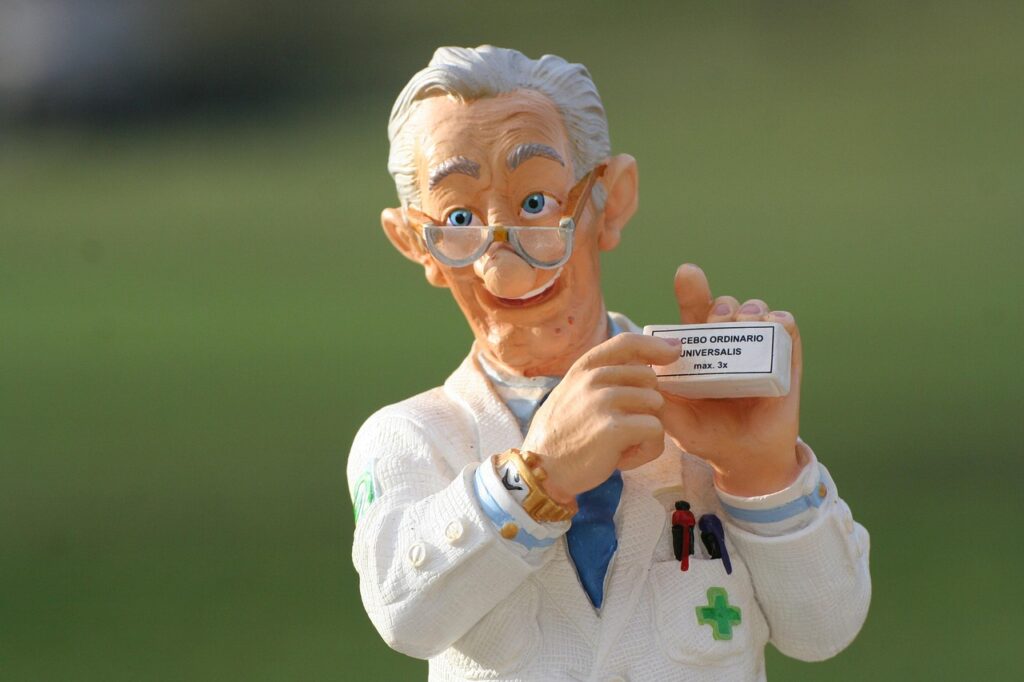A naturopathic doctor (ND) is a licensed healthcare professional who focuses on natural and holistic approaches to health. They blend modern medical science with traditional healing methods such as nutrition, lifestyle counseling, and herbal medicine. Their goal is to support the body’s ability to heal itself through non-invasive, natural therapies.
Naturopathic doctors treat a variety of acute and chronic conditions by addressing underlying causes rather than just alleviating symptoms. They often incorporate preventive care, emphasizing well-being practices like sleep hygiene and exercise. This approach can complement conventional medicine or serve as an alternative for those seeking natural health solutions.
Patients typically seek NDs for personalized care that combines diagnostic testing with natural remedies. Many naturopathic clinics offer integrative approaches, bridging modern healthcare with natural healing to provide comprehensive support tailored to individual needs.
What Is a Naturopath Doctor?
A naturopath doctor (ND) is a licensed healthcare professional trained to combine natural therapies with modern medical science. They focus on diagnosing, treating, and preventing illness while supporting the body’s ability to heal.
Naturopath doctors receive extensive education and use various therapies to address physical, mental, and emotional health.
Principles of Naturopathic Medicine
Naturopathic medicine is founded on several core principles. These include healing power of nature, which emphasizes the body’s innate ability to self-heal. Naturopath doctors work to identify and remove obstacles to recovery.
Another key principle is treating the whole person, which means considering physical, mental, and environmental factors. They aim to identify root causes, not just symptoms.
Prevention and education are also central. Naturopathic doctors prioritize disease prevention and patient education to encourage long-term wellness.
Types of Naturopath Doctors
Naturopath doctors hold a degree from accredited, four-year naturopathic medical schools. They must pass national licensure exams to practice legally in many regions.
Some states or provinces distinguish between naturopath doctors and naturopaths; the former are licensed and regulated, while the latter may lack formal medical training and certification.
NDs often work as primary care providers. They can diagnose and treat acute and chronic conditions, order lab tests, and collaborate with other healthcare professionals.
Common Therapies and Treatments
Naturopath doctors use a wide range of therapies, blending natural and conventional methods. Common treatments include:
- Botanical medicine (herbs)
- Nutritional counseling and dietary supplements
- Acupuncture and physical medicine
- Homeopathy in some cases
- Lifestyle counseling, including stress management and exercise
They may also integrate conventional diagnostic tools like blood tests and imaging to inform treatment. The goal is to support body function and prevent disease through individualized care.
How to Choose the Right Naturopath Doctor
Selecting a naturopathic doctor involves examining their formal training, the approach they take during consultations, and the areas of expertise they bring. Patients benefit from understanding these factors clearly to ensure they receive care suited to their health needs.
Qualifications and Credentials
A qualified naturopathic doctor (ND) completes a four-year program at an accredited naturopathic medical college. This education covers basic sciences, diagnostics, and natural therapies such as herbal medicine, nutrition, and homeopathy.
It is essential to verify their licensing status in the state or region of practice. Licensed NDs have met standards for safe and effective practice. Checking professional memberships and any ongoing education helps ensure the practitioner stays current with medical and naturopathic advances.
Patients should avoid confusion between licensed NDs and naturopaths without formal medical training, as only NDs are trained to diagnose and prescribe legally.
Consultation Process
The initial consultation sets the foundation for care. A thorough naturopathic doctor will spend ample time understanding the patient’s medical history, lifestyle, and health goals. This often includes detailed interviews and diagnostic testing.
Effective communication is key. The ND should explain treatment options clearly, addressing risks and benefits without using jargon. Patients should feel comfortable asking questions and confident their concerns are acknowledged.
The consultation should result in an individualized treatment plan that integrates naturopathic approaches with any necessary conventional care, respecting the patient’s preferences and medical needs.
Evaluating Specializations
Naturopathic doctors may focus on specific areas such as endocrinology, pediatric care, oncology support, or digestive health. Identifying a practitioner with expertise relevant to the patient’s primary health issue can improve treatment outcomes.
Reviewing the ND’s experience and additional certifications in these specialties can be helpful. Some practitioners may have advanced training or offer therapies like acupuncture or IV nutrient therapy.
Matching specialization ensures targeted care and maximizes the potential benefits of naturopathic medicine. Patients should seek practitioners whose skills align with their personal health priorities.
